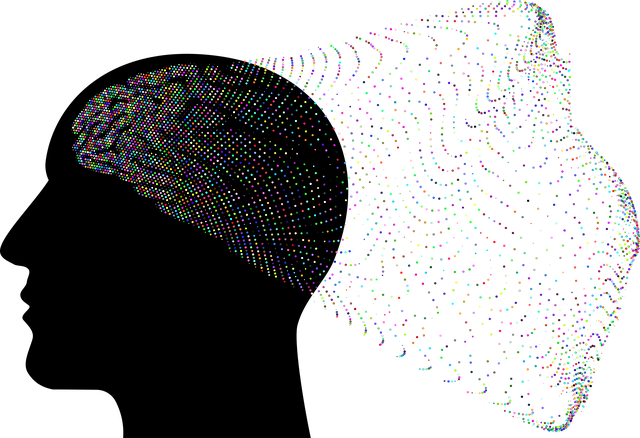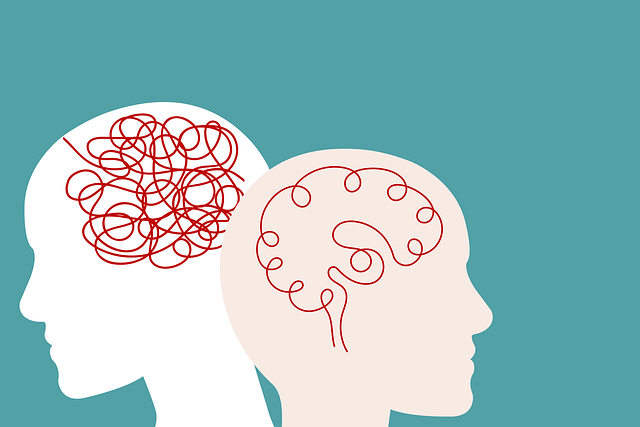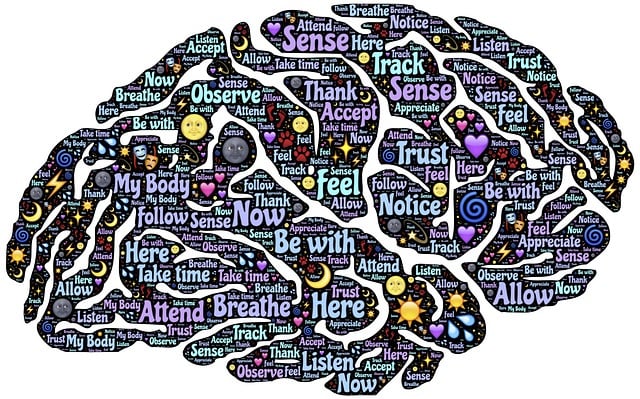Colorado Springs Veterans Therapy tackles the significant stigma around mental illness affecting veterans in communities like Colorado Springs through targeted initiatives. They offer mental health education programs and wellness podcasts to raise awareness, dispel myths, and foster empathy. Their holistic approach includes public awareness campaigns, self-esteem improvement, and cultural sensitivity to create an inclusive environment where veterans feel empowered to prioritize their mental health without judgment. By promoting open conversations and tailored therapeutic interventions, Colorado Springs Veterans Therapy aims to transform lives by providing support for issues like PTSD, depression, and anxiety.
Mental illness stigma remains a significant barrier to veterans’ well-being, especially in communities like Colorado Springs. This article explores efforts to reduce this stigma through three key components: understanding its profound impact on veterans’ mental health, implementing effective strategies by Colorado Springs Veterans Therapy, and highlighting inspiring success stories of their work. By focusing on these aspects, we aim to shine a light on the positive changes being fostered by dedicated professionals at Colorado Springs Veterans Therapy.
- Understanding Stigma and Its Impact on Veterans' Mental Health in Colorado Springs
- Strategies for Reducing Stigma: A Comprehensive Approach by Colorado Springs Veterans Therapy
- Success Stories: How Colorado Springs Veterans Therapy is Making a Difference
Understanding Stigma and Its Impact on Veterans' Mental Health in Colorado Springs

Stigma surrounding mental illness can have profound effects on veterans’ well-being, particularly in communities like Colorado Springs where access to specialized support is crucial. Often, veterans face unique challenges upon reintegration into civilian life, including adjustments to military-to-civilian transitions and coping with traumatic experiences. The stigma associated with seeking therapy or admitting to mental health struggles can deter veterans from accessing the care they need, exacerbating existing issues. In Colorado Springs, a city known for its vibrant veteran community, efforts are underway to combat this stigma through various initiatives.
Mental health education programs designed specifically for veterans play a vital role in raising awareness and fostering understanding. These programs aim to educate both veterans and the general public about the common mental health challenges faced by those who have served, thereby promoting cultural sensitivity in mental healthcare practice. Additionally, the production of mental wellness podcast series can reach a wider audience, sharing personal stories and providing valuable insights into veteran experiences. By combining these strategies, Colorado Springs Veterans Therapy strives to create an inclusive environment where veterans feel empowered to prioritize their mental health without fear of judgment.
Strategies for Reducing Stigma: A Comprehensive Approach by Colorado Springs Veterans Therapy

Colorado Springs Veterans Therapy takes a comprehensive approach to stigma reduction, recognizing that mental illness is a complex issue requiring multifaceted strategies. They emphasize the importance of public awareness campaigns as a powerful tool to educate communities and dispel misconceptions surrounding mental health. By sharing personal stories and promoting open conversations, these campaigns foster empathy and understanding, leading to reduced prejudice.
Furthermore, the therapy center prioritizes self-esteem improvement as a cornerstone of their strategy. They believe that building resilience and encouraging self-acceptance are vital steps in breaking down stigma. Through therapeutic interventions tailored to individual needs, they empower individuals to challenge negative beliefs about themselves and mental illness, ultimately contributing to a more supportive and inclusive society. The center also highlights the critical role of cultural sensitivity in mental healthcare practice, ensuring that their approach is respectful and adaptable to diverse backgrounds, further reducing barriers to access and care.
Success Stories: How Colorado Springs Veterans Therapy is Making a Difference

Colorado Springs Veterans Therapy is a beacon of hope for many individuals struggling with mental health challenges, particularly veterans who have served their country. Their innovative approach to therapy has led to remarkable success stories, transforming lives and fostering a sense of community. The therapy center recognizes that addressing mental illness requires more than traditional treatments; it involves creating an environment of understanding and support.
Through dedicated professionals who employ evidence-based practices, self-care initiatives, and empathy-building strategies, Colorado Springs Veterans Therapy offers a holistic approach to healing. They cater to the unique needs of veterans, helping them navigate the complexities of post-traumatic stress disorder (PTSD), depression, and anxiety. By integrating mood management techniques into their programs, clients gain valuable tools to cope with daily life’s challenges, promoting long-term well-being. These efforts have resulted in numerous positive outcomes, inspiring others to embrace their journeys towards mental health recovery.
Mental illness stigma reduction is a collective effort, and Colorado Springs Veterans Therapy is at the forefront of this movement. By implementing comprehensive strategies, the therapy center is making significant strides in improving mental health outcomes for veterans in the community. Through education, awareness campaigns, and personal stories of recovery, they are breaking down barriers and fostering an environment of support. The success stories shared highlight the impact of reduced stigma, encouraging a more open dialogue about mental health challenges faced by veterans. This approach ensures that those in need can access the help they require without fear of judgment, ultimately enhancing their well-being.














